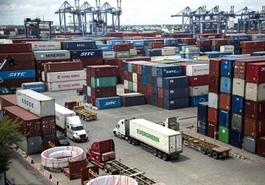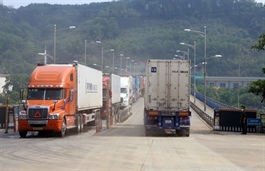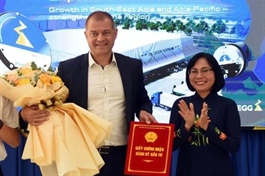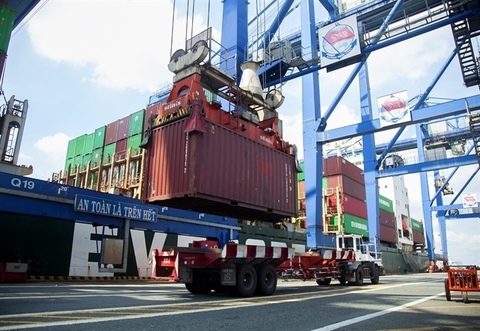Việt Nam’s digital economy to continue booming
Việt Nam’s digital economy to continue booming
Việt Nam’s digital economy is projected to grow fastest in Southeast Asia, reaching US$50 billion by 2025, a report said.

Việt Nam’s digital economy will continue to grow rapidly to reach $50 billion by 2025, according to a report of the HCM City People's Committee about e-commerce on July 10. – Photo vtc.vn |
It would be aided mainly by growth in e-commerce, with platforms like Shopee and Lazada and top retailers like Co.opmart moving their businesses online, said a report of the HCM City People's Committee about e-commerce early this week.
The boom in e-commerce has accelerated the country’s digital transformation of businesses in logistics, delivery, tourism, finance, media, and entertainment.
Delivery services have grown rapidly thanks to super apps like Grab and Baemin.
Online payment systems like e-wallets, e-transaction gates and e-banking have also developed speedily following a surge in online services, with 61 per cent of online purchases used cashless payments last year.
But digital transition does face challenges due to underdeveloped digital infrastructure, especially the lack of a standardised, synchronised national database.
Besides, small and medium-sized enterprises have not capitalised on digital opportunities despite accounting for a lion’s share of the country’s businesses.
The outdated legal framework, with old policies still regulating digitised business models, also stymies the growth of businesses.
An inadequate regulatory regime poses challenges for authorities and affects customers’ benefits.
To tackle these problems, HCM City has laid out a plan for “Developing digital economy, sharing economy, and circular economy” that encourages enterprises to adopt technology and new operational methods to create sustainable goods and services, its People’s Committee said.
There are also several programmes to help start-ups and enterprises digitise their businesses, especially in key sectors like fintech (financial technology), edutech (education technology), smart agriculture, and smart tourism.





















